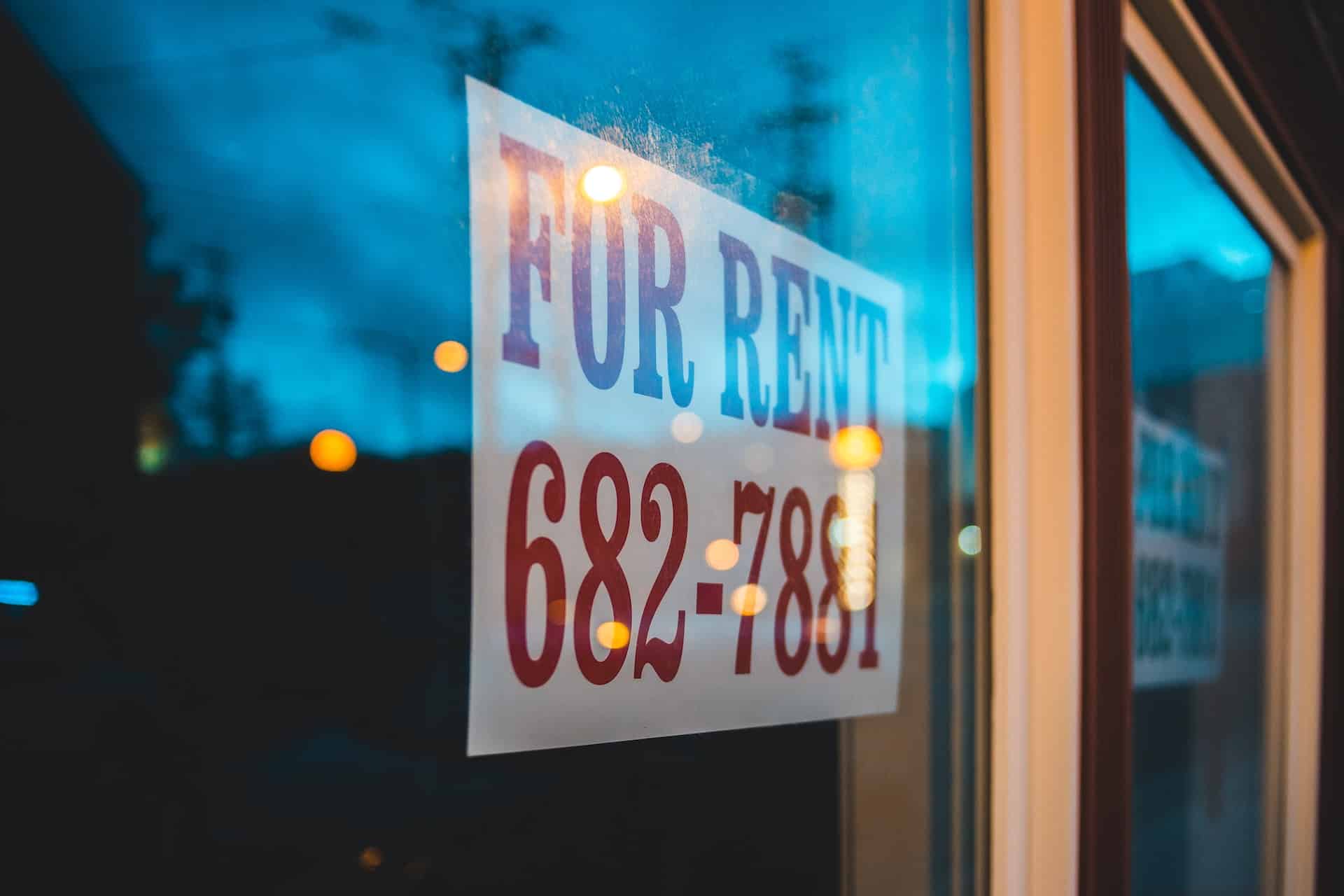The vacation rental investment industry presents a world of opportunities for aspiring property real estate investors. In a dynamic market where profit potentials are boundless, the decision between an Airbnb vs. long-term rental property can be a game-changer.
Thank you for reading this post, don't forget to subscribe!The choice you make between a short-term rental vs. a long-term rental will significantly impact your revenue, property management, and overall investment strategy. In this article, we will navigate through the intricacies of Airbnb vs. long-term rentals, shedding light on their pros and cons, and helping you make an informed decision that aligns with your goals.
Understanding the Rental Landscape
Short-term rentals, often associated with platforms like Airbnb, involve renting out your property for a brief period, typically from a few nights to a few weeks. Vacation rentals are favored for their furnished accommodations, often found in tourist-friendly locations, and offer flexibility for both hosts and guests. They are renowned for their lucrative income potential. However, managing short-term vacation rental property can be time-intensive, with constant guest turnover. Additionally, they are vulnerable to seasonal demand fluctuations.
Long-term rentals, on the other hand, involve leasing your property to tenants for an extended duration, typically measured in months or years, offering a stable and consistent rental income. While long-term rentals provide reliable income, they may be subject to stricter regulatory requirements and have limited income growth potential.
At The Short-Term Shop, we understand the challenges of deciding between short-term vs. long-term rental. If you're seeking a reliable solution, our expert team connects you with trusted local professionals in cleaning, contracting, and trade services, simplifying your rental property journey. With us, your investment dream becomes a reality, and your future in the vacation rental business looks brighter than ever. Book a call today, and let us guide you to the best investment properties and years of continuous profits.
Airbnb vs. Long-Term Rental: Key Considerations
Revenue Potential: Long-term rentals typically provide a steady income stream, while short-term rentals often experience seasonal income fluctuations due to their higher turnover rate.
Factors Influencing Rental Rates: The rental rates for both models depend on factors like location, property type, and market demand.
Property Management: Short-term rentals can be more time-intensive to manage, while long-term rentals demand less day-to-day involvement.
Maintenance: Short-term rentals require more frequent cleaning and upkeep, whereas long-term rentals may have less turnover and tenant responsibilities.
Regulatory and Legal Aspects: Short-term rentals often face stricter regulations, while long-term rentals involve tenant protection laws.
Marketing and Occupancy: Short-term rentals require effective online marketing, targeting tourists, while long-term rentals attract stable tenants through traditional listings.
Vacancy Rates: Short-term rentals may have higher occupancy during peak seasons but face off-peak vacancies, while long-term rentals offer lower vacancy rates.
Costs and Expenses: Startup costs vary, with short-term rentals requiring more initial investment and higher turnover-related expenses.
Flexibility and Risk: Short-term rentals offer quick market adaptation but come with income volatility, while long-term rentals provide stability but may be slower to adapt. Consider diversifying your rental portfolio to balance income stability and growth potential effectively.
Making the Decision for Long-Term Rental vs. Airbnb

Setting Clear Investment Goals
The first step in making the decision between short-term vs. long-term rentals is to establish clear investment goals. Determine whether you seek short-term gains with potential income spikes (short-term rentals) or long-term stability with consistent, albeit slower, income growth (long-term rentals). Consider how comfortable you are with the potential fluctuations in income and property occupancy.
Market Research and Location
Conduct thorough market research to understand the dynamics of your target rental market. Analyze supply and demand trends, occupancy rates, and rental pricing data. Identify areas with high demand for short-term or long-term rentals based on local attractions, job markets, or tourist hotspots.
The location of your rental property is a critical factor. For short-term rentals, proximity to tourist attractions, city centers, or scenic views is essential. Long-term rentals may benefit from locations near schools, business districts, or public transportation. Evaluate the accessibility, safety, and neighborhood amenities for a short-term vs. long-term rental to attract the desired tenant demographic.
Property Suitability
Choose a property type that aligns with your rental strategy. Short-term rentals often favor vacation homes, condos, or boutique apartments with unique features. Long-term rentals may include single-family homes, townhouses, or multi-unit properties. Tailor your property selection to your target audience and market demands.
Consider the level of furnishing and amenities your property will offer. Short-term rentals typically require fully furnished accommodations with attractive amenities like swimming pools or hot tubs. Long-term rentals may suffice with basic furnishings and essential appliances.
Regulatory and Legal Aspects
Research local regulations governing short-term rentals, including licensing requirements, zoning restrictions, and tax obligations. Ensure compliance with these regulations to avoid legal complications and fines.
Understand tenant protection laws and regulations for long-term rentals, including lease agreements, security deposits, and eviction procedures. Complying with tenant laws is crucial to maintaining a positive landlord-tenant relationship and preventing legal disputes.
Financial Projections
Develop realistic income projections for your chosen rental model. Consider market rental rates, occupancy rates, and seasonality. Create a comprehensive financial forecast that outlines expected income over time, accounting for potential variations. Calculate the estimated expenses associated with your rental property. Include property taxes, insurance, maintenance costs, property management fees (if applicable), and utilities.
Tools and Resources
Property management is made efficient and hassle-free with the right software solutions. Explore our recommendations for the best short-term rental software to streamline tasks like guest communication, booking management, and property maintenance.
Investing in knowledge and expertise is key to success in property management. Discover valuable insights and resources on becoming a rental property management expert. From understanding tenant laws to optimizing property performance, we provide the guidance you need to excel in the field.
FAQ

Is short-term better than long-term?
Whether short-term or long-term is better depends on your investment goals and risk tolerance. Short-term rentals offer higher income potential but may be subject to seasonal fluctuations, while long-term rentals provide more stability.
Which is good: short-term or long-term?
The choice between short-term and long-term rentals depends on your individual preferences and financial objectives. Short-term rentals are suitable for those seeking flexibility and higher income during peak seasons, while long-term rentals offer consistent, reliable income.
What is an example of short-term versus long-term?
An example of a short-term rental might be renting out a vacation home on Airbnb for a week, while a long-term rental could involve leasing a residential apartment to a tenant for a year.
Is short-term investment better?
Short-term investments can yield higher returns during peak seasons but may come with more significant income volatility. Whether it's better depends on your investment goals and risk tolerance.
Which is riskier: short-term or long-term?
Short-term rentals can be riskier due to income volatility and seasonal demand fluctuations. Long-term rentals offer more stability but may have their own set of risks, such as tenant-related issues.
Is it safe to rent long-term through Airbnb?
The safety of renting long-term through Airbnb depends on various factors, including property selection, tenant screening, and adherence to local regulations.
Do people use Airbnb for the long-term?
Yes, people do use Airbnb for long-term rentals, especially for extended stays or when seeking furnished accommodations. Airbnb offers flexibility for both hosts and guests, making it suitable for various rental durations.
Conclusion
Aspiring property investors often grapple with the challenge of balancing income stability against growth potential. Short-term rentals promise higher rewards during peak seasons, while long-term rentals offer a reliable, steady income stream.
At The Short Term Shop, we recognize that investors like you seek guidance and solutions to navigate the ever-evolving market. Our expertise lies in connecting you with premier resources, from property management firms to vacation homes, ensuring that you make informed choices. We simplify property management by facilitating connections with trusted local professionals, so you can focus on your investment's success. By contacting The Short Term Shop, you're not just choosing a solution; you're embracing a future where your rental property business thrives. With our support, you can confidently step into the world of real estate investments, secure in the knowledge that you've made the right choice between short-term and long-term rentals.
